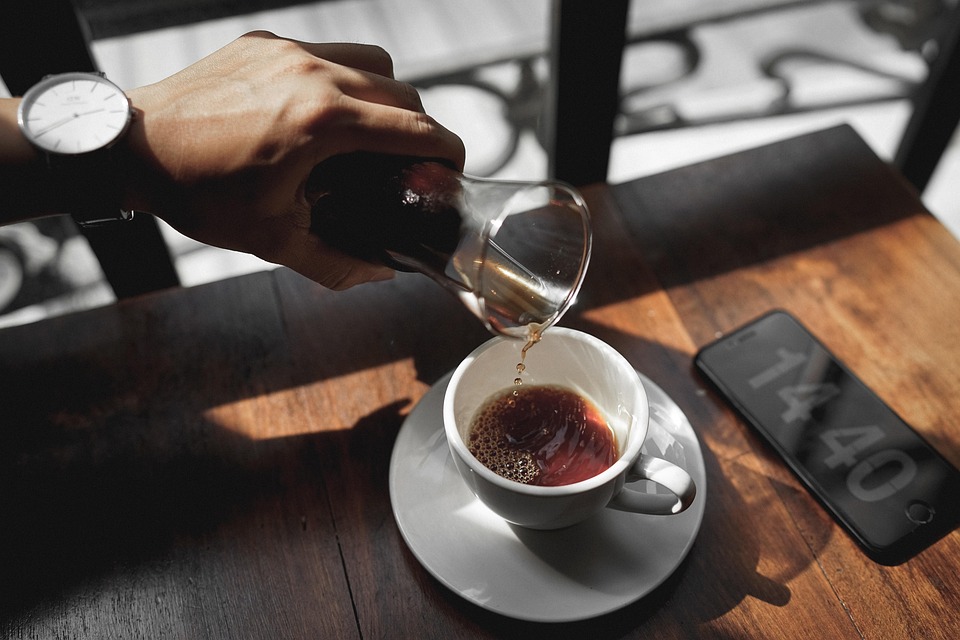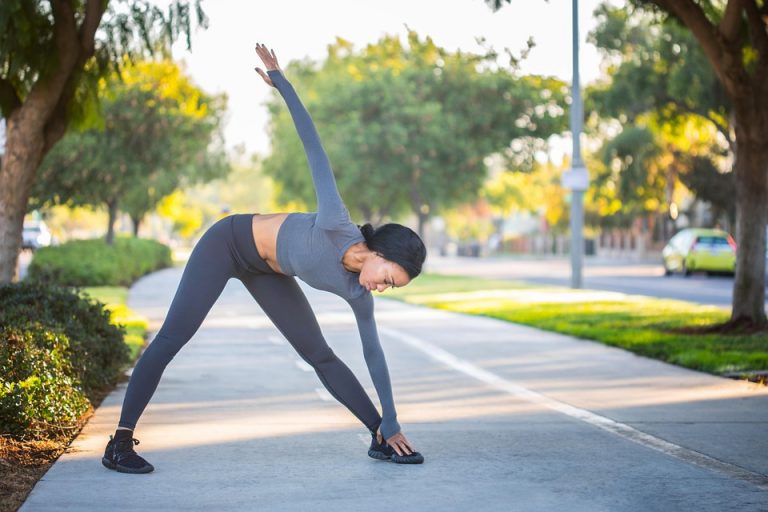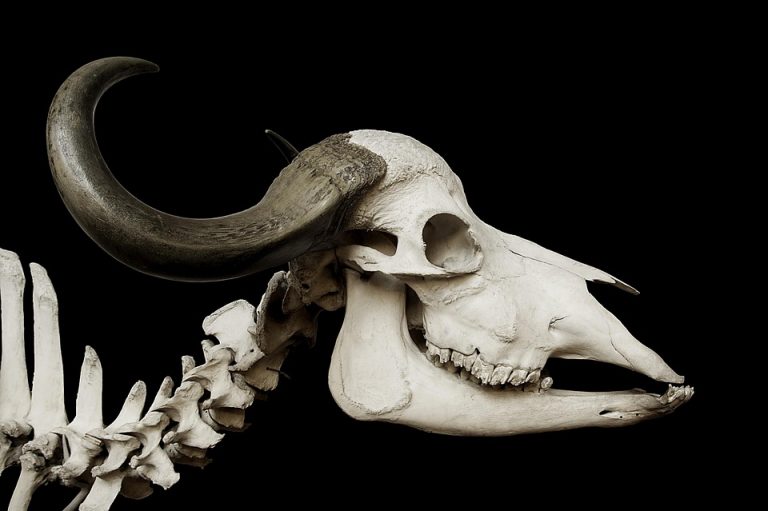Energizing caffeine alternatives are more than just a trend; they’re a revolution in how we fuel our bodies and minds. If you’re tired of that jittery feeling from traditional coffee or just looking to mix things up, you’re in the right place. Let’s dive into seven invigorating alternatives that can boost your energy without the crash.
Contents
Why Explore Caffeine Alternatives?
You might wonder why you should consider alternatives to caffeine. Many people experience anxiety, restlessness, or even digestive issues from too much coffee. Others simply want to explore healthier options that offer sustained energy without the downsides. By incorporating these alternatives, you can enhance your focus, improve your mood, and support your overall well-being.
The Benefits of Caffeine Alternatives
- Steady Energy Levels: Unlike caffeine, many alternatives provide a gradual energy boost, helping you avoid that dreaded crash.
- Better Sleep Quality: Reducing caffeine can lead to improved sleep, which is vital for maintaining your energy levels.
- Less Anxiety: Many caffeine alternatives have calming properties that can help reduce stress and anxiety.
- Nutritional Benefits: Some alternatives are packed with vitamins and minerals that support your health.
So, let’s explore these energizing caffeine alternatives and see how they can transform your daily routine.
1. Matcha
Matcha is a finely ground powder made from green tea leaves, and it’s rich in antioxidants. What makes matcha unique is that it contains L-theanine, an amino acid that promotes relaxation and focus. This combination provides a calm energy that can last for several hours.
Why You’ll Love It:
- Sustained Energy: Matcha delivers a smoother energy boost without the jitters.
- Rich in Antioxidants: Protects your cells from oxidative stress.
- Versatile: Enjoy it as a latte, in smoothies, or even in baking!
How to Use It:
Simply whisk 1-2 teaspoons of matcha powder with hot water, or mix it into your favorite smoothie for a delicious energy boost.
2. Yerba Mate
Yerba mate is a traditional South American beverage that’s packed with nutrients. It contains caffeine but also offers a host of vitamins and minerals, making it a balanced choice. The energy boost from yerba mate is often described as more stable than coffee.
Why You’ll Love It:
- Enhanced Focus: The unique combination of caffeine and antioxidants helps sharpen your mind.
- Social Beverage: Traditionally shared among friends, it’s a great way to connect.
- Nutrient-Rich: Contains vitamins B and C, as well as minerals like magnesium and potassium.
How to Use It:
Brew yerba mate leaves in hot water, or enjoy it in a chilled iced tea form. Add a splash of lemon for extra zest!
3. Chai Tea
Chai tea is a flavorful blend of black tea and spices like ginger, cinnamon, and cardamom. While it does contain some caffeine, the spices offer additional health benefits and a delicious flavor profile.
Why You’ll Love It:
- Spice Benefits: The spices in chai can boost your metabolism and aid digestion.
- Comforting Flavor: The warmth of chai makes it a perfect drink for any time of year.
- Customizable: Add milk or plant-based alternatives and sweeteners to your liking.
How to Use It:
Brew chai tea bags or loose leaf, then add your favorite milk and sweetener. Enjoy hot or iced!
4. Golden Milk
Golden milk is a soothing drink made from turmeric, a spice known for its anti-inflammatory properties. Combine it with milk (dairy or plant-based), a touch of ginger, and honey for a comforting beverage.
Why You’ll Love It:
- Anti-Inflammatory: Turmeric is a powerful anti-inflammatory agent.
- Promotes Relaxation: The warmth and spices can have a calming effect.
- Rich in Nutrients: A great source of antioxidants and minerals.
How to Use It:
Heat your milk of choice, whisk in turmeric and ginger, and sweeten to taste. Enjoy it before bedtime for a peaceful night.
5. Smoothies with Maca Powder
Maca root is a Peruvian superfood that’s gaining popularity for its energy-boosting properties. It’s packed with vitamins, minerals, and essential amino acids. Adding maca to your smoothie can give you that extra push you need.
Why You’ll Love It:
- Hormonal Balance: Maca is known to help balance hormones, which can improve energy levels.
- Rich in Nutrients: Loaded with essential vitamins and minerals.
- Delicious: Adds a nutty flavor to your smoothies.
How to Use It:
Blend 1-2 teaspoons of maca powder into your favorite smoothie recipe. It pairs well with bananas and almond milk.
6. Ginseng Tea
Ginseng has been used for centuries in traditional medicine to boost energy and reduce fatigue. This herbal tea can provide a gentle lift without the side effects of caffeine.
Why You’ll Love It:
- Natural Booster: Ginseng helps combat fatigue and enhances physical performance.
- Adaptogen: Supports your body’s response to stress.
- Flavorful: A unique earthy flavor that can be enjoyed hot or cold.
How to Use It:
Brew ginseng tea bags or root slices in hot water for a refreshing drink. Add honey or lemon for extra flavor.
7. Coconut Water
Coconut water is a hydrating beverage that’s low in calories and high in electrolytes. It’s an excellent choice post-workout or whenever you need a refreshing pick-me-up.
Why You’ll Love It:
- Hydration: Packed with electrolytes that help keep you hydrated.
- Low in Sugar: A healthy alternative to sugary sports drinks.
- Natural Energy: The natural sugars provide a quick energy boost.
How to Use It:
Drink coconut water straight from the coconut or in a smoothie for a refreshing twist.
Bottom Line
Switching to energizing caffeine alternatives can transform your daily routine. You’ll find that each of these options has unique benefits that cater to various tastes and preferences. By incorporating these alternatives, you can maintain steady energy levels, improve your overall health, and enjoy a more balanced lifestyle.
So, why not give these alternatives a try? Start with one or two and see how they make you feel. Your body will thank you for it!
FAQ
1. Can I mix these alternatives with my coffee?
Absolutely! Many of these options can complement your coffee routine or be enjoyed alongside it.
2. How much caffeine is in yerba mate compared to coffee?
Yerba mate contains about 30-50 mg of caffeine per cup, while coffee averages around 95 mg per cup.
3. Are these alternatives safe for everyone?
Most of these alternatives are generally safe but consult with a healthcare provider if you have specific health concerns or conditions.
4. How do I know which alternative is best for me?
Try different options to see which one resonates with your taste preferences and energy needs. Everyone’s body responds differently!
Embrace the journey of exploring energizing caffeine alternatives and discover the perfect blend for your lifestyle!
Get Your FREE Natural Health Guide!
Subscribe now and receive our exclusive ebook packed with natural health tips, practical wellness advice, and easy lifestyle changes, delivered straight to your inbox.




